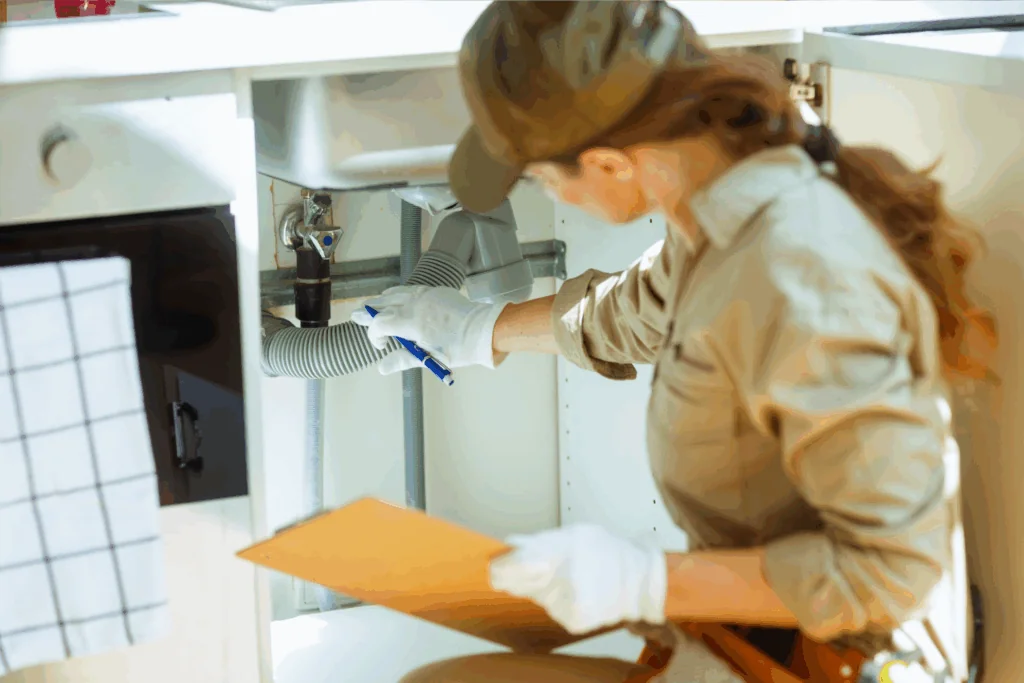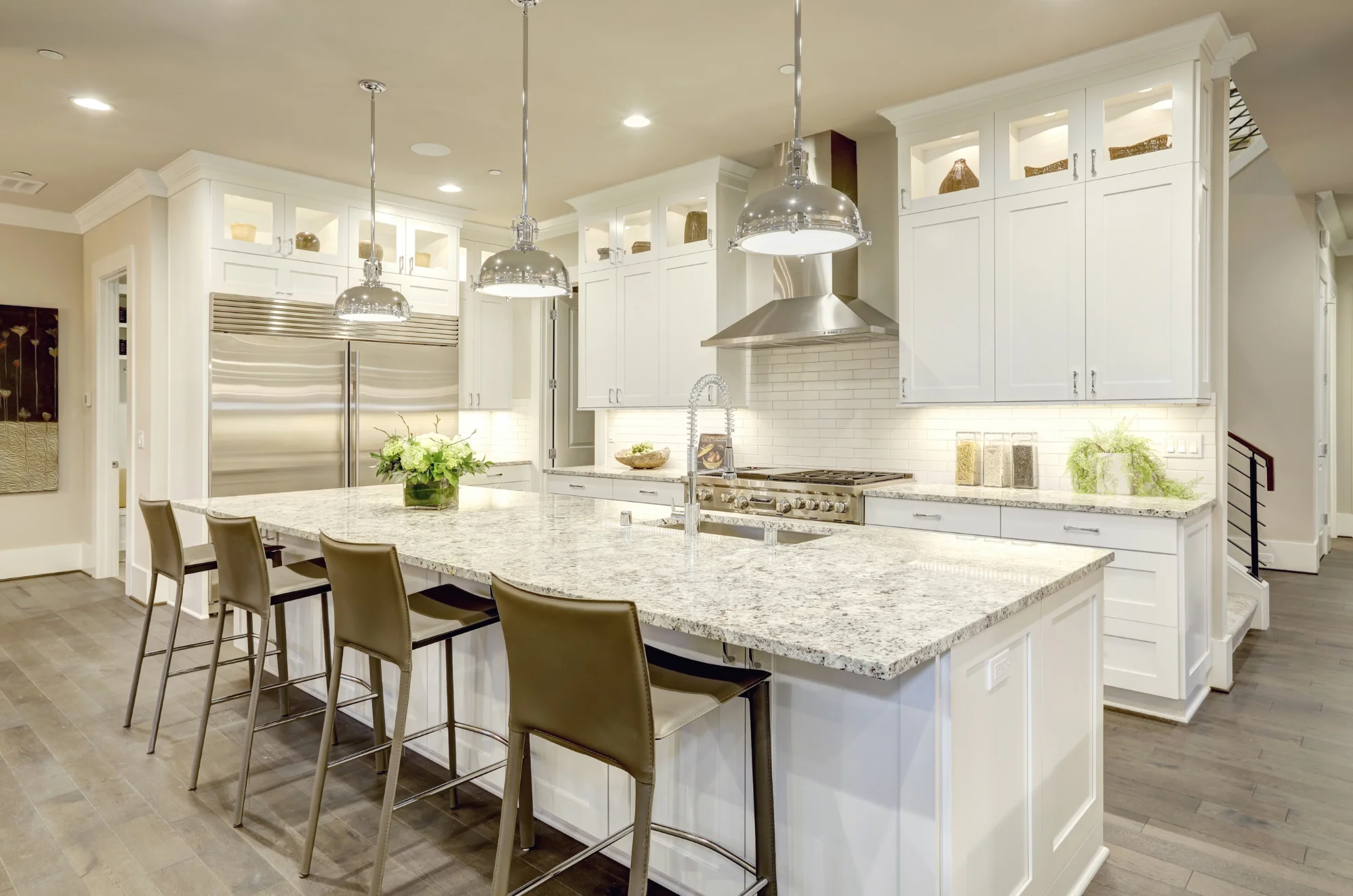
As a homebuyer, the excitement of finding your dream home can sometimes overshadow one of the most important steps in the process—the home inspection. But don’t worry! At Crystal Snook Real Estate Group, we’re here to help you understand what to expect during a home inspection, so you can approach it with confidence and peace of mind.
A home inspection is an essential part of the homebuying journey. It’s an opportunity for you to make sure that your new home is safe, structurally sound, and free from hidden issues that could cause problems down the road. Let’s dive into the process and break it down so you know exactly what to expect.

What is a Home Inspection?
A home inspection is a thorough examination of a property’s condition. A licensed and professional home inspector will evaluate the home’s major systems and structure to identify any potential problems. This includes everything from the roof and foundation to plumbing, electrical, HVAC, and appliances.
Think of the inspection as a “health check-up” for your future home. It helps you understand the property’s overall condition and gives you a clear picture of any repairs or maintenance it may need.
When Does the Home Inspection Happen?
The home inspection usually takes place after your offer is accepted but before you finalize the sale. You’ll typically have a period of about 7-10 days to schedule and complete the inspection, depending on your contract. Once the inspection is completed, you’ll have a report that outlines any issues or concerns discovered during the process.

What Will the Inspector Look For?
During the home inspection, the inspector will go through the entire property, including both the interior and exterior, to assess its condition. Here are some of the key things the inspector will focus on:
- Roof and Gutters: They’ll check for any missing shingles, leaks, or damage to the roof, as well as the condition of the gutters and downspouts.
- Foundation and Structure: The inspector will look for cracks in the foundation, any signs of settling, and the overall structural integrity of the home.
- Plumbing: They’ll inspect the pipes, water pressure, drainage, and check for any leaks or issues with the water heater.
- Electrical System: They’ll test the outlets, circuit breakers, and look for any wiring issues or safety hazards.
- HVAC System: Your inspector will evaluate the heating, ventilation, and air conditioning systems to ensure they’re functioning properly.
- Windows and Doors: The inspector will look for any signs of drafts, moisture, or broken seals in the windows and doors.
- Appliances: If appliances are included in the sale, the inspector will check that they are in working order.
How Long Does the Home Inspection Take?
Typically, a home inspection takes 2-3 hours, depending on the size and condition of the property. The inspector will want to take their time to thoroughly evaluate everything, so it’s important to give them the space to do so.
What Happens After the Home Inspection?
Once the inspection is completed, you’ll receive a detailed report from the inspector. This report will outline any issues they’ve found, ranging from minor cosmetic problems to major structural or safety concerns. Don’t be alarmed if the report is longer than you expected—it’s common to find some minor issues, especially in older homes.
At this point, you have a few options:
- Ask for Repairs: If significant issues are found, you can request that the seller fix the problems before closing.
- Negotiate the Price: If the repairs are costly, you can ask the seller to lower the price to cover the cost of repairs.
- Walk Away: If the inspection reveals serious issues that would require too much time or money to fix, you may decide to back out of the deal (depending on the terms of your contract and contingencies).

Common Inspection Findings
Not every home inspection will uncover major issues, but it’s not uncommon to find some of the following:
- Cosmetic Issues: Minor repairs like chipped paint, small cracks in the walls, or worn-out flooring.
- Older Systems: If the HVAC, plumbing, or electrical systems are older, they might need to be replaced or upgraded sooner than later.
- Moisture Problems: Leaks or signs of water damage, often around windows, roofs, or basements.
- Safety Hazards: Issues like missing handrails, exposed wiring, or radon levels that need to be addressed.
What If I’m Not Satisfied With the Inspection?
If the inspection uncovers problems that you’re not comfortable with, it’s okay to walk away—especially if you’ve included an inspection contingency in your contract. That’s why having an experienced real estate agent, like those at Crystal Snook Real Estate Group, is crucial. We’ll help you interpret the inspection report and guide you through the next steps, whether that’s negotiating repairs, asking for credits, or helping you decide if the deal is still right for you.
If you have any questions about the home inspection process or need help finding a trusted inspector, don’t hesitate to reach out. We’re always here to guide you on your journey to finding the perfect home!



